Multi-year agreement extends past 2023
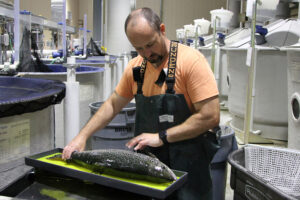
U.S. land-based aquaculture research center The Conservation Fund’s Freshwater Institute is partnering with a world-leading animal feed company to develop optimal feeds for Atlantic salmon raised in recirculating aquaculture systems (RAS).
Cargill, a global leader in terrestrial and aquatic animal feeds, and TCCFI have signed a multi-year agreement to develop, evaluate and enhance feeds for the growing RAS sector.
“Our customers want the best nutrition possible. Partnering with the Freshwater Institute has provided key access to capabilities but more importantly to renowned thought leaders in land-based aquaculture production and thus, important to the advancement of science in this strategic growth area,” said Dr. Marc Turano, nutrition and technology lead for Cargill Aqua Nutrition in North America.
Working together since 2018, the two groups have recently validated the effectiveness of Cargill’s new diet for RAS salmon; this new agreement solidifies the collaboration through 2023 and beyond.
TCFFI provides Cargill nutritionists and researchers with access to fish, systems, research facilities and its team of scientists, engineers and fish culturists with decades of land-based aquaculture experience. Cargill provides advanced diet development and aquaculture feeds to optimize fish performance.
“Diets developed for use in RAS should support optimal fish health and performance while facilitating good water quality and system operation,” said Dr. John Davidson, a research scientist at TCFFI. “For example, feeds like Cargill’s recently developed EWOS Clear for land-based salmon farming produced settleable solids in recent research trials that were effectively removed from the recirculating flow, thereby improving the fish culture environment and overall RAS operation.”
Follow the Advocate on Twitter @GSA_Advocate
Now that you've reached the end of the article ...
… please consider supporting GSA’s mission to advance responsible seafood practices through education, advocacy and third-party assurances. The Advocate aims to document the evolution of responsible seafood practices and share the expansive knowledge of our vast network of contributors.
By becoming a Global Seafood Alliance member, you’re ensuring that all of the pre-competitive work we do through member benefits, resources and events can continue. Individual membership costs just $50 a year.
Not a GSA member? Join us.
Author
-
Responsible Seafood Advocate
[103,114,111,46,100,111,111,102,97,101,115,108,97,98,111,108,103,64,114,111,116,105,100,101]
Related Posts
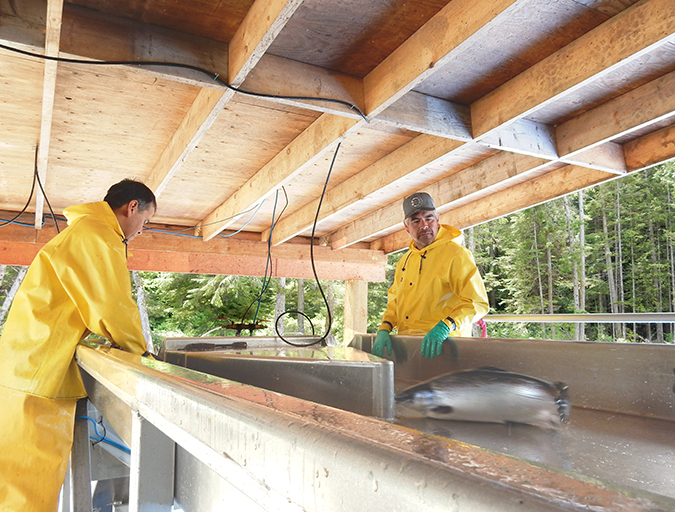
Innovation & Investment
Competitiveness comes at scale for RAS operations
Total RAS salmon production worldwide is less than half of 1 percent of total production. Many of the investors flocking to the sector now are new to fish farming, and confident in its potential.
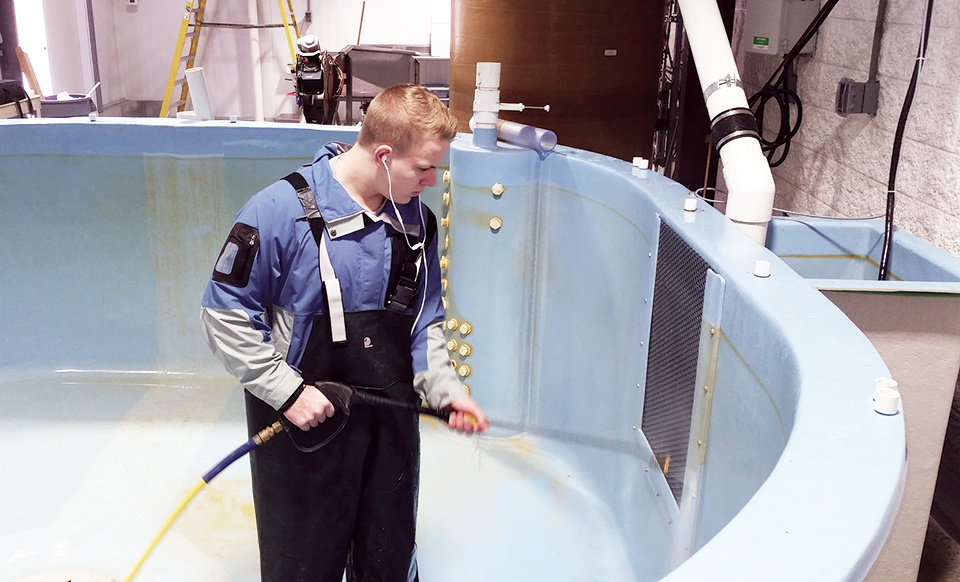
Health & Welfare
Emerging trends in salmonid RAS, part 1
The benefits realized by recirculating aquaculture systems – including enhanced fish growth, product quality and survival, as well as reduced treatment costs – have made the RAS approach an important production trend.
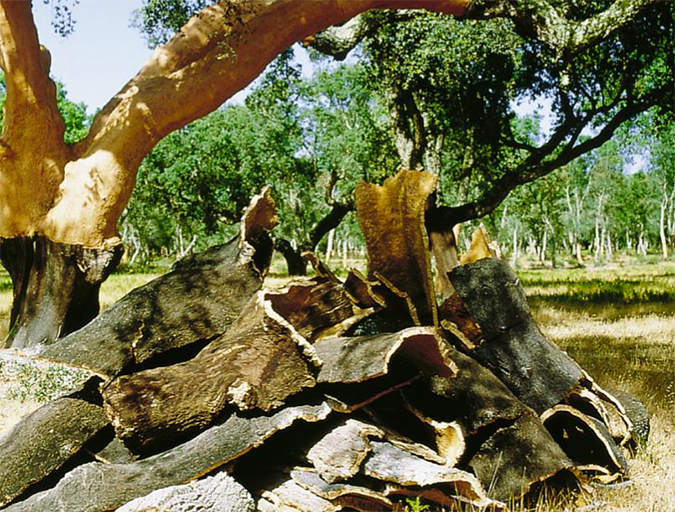
Responsibility
For the future, a feed that makes fish feces float?
German researcher believes that floating fish feces would help recirculating aquaculture systems more efficiently remove suspended solids.
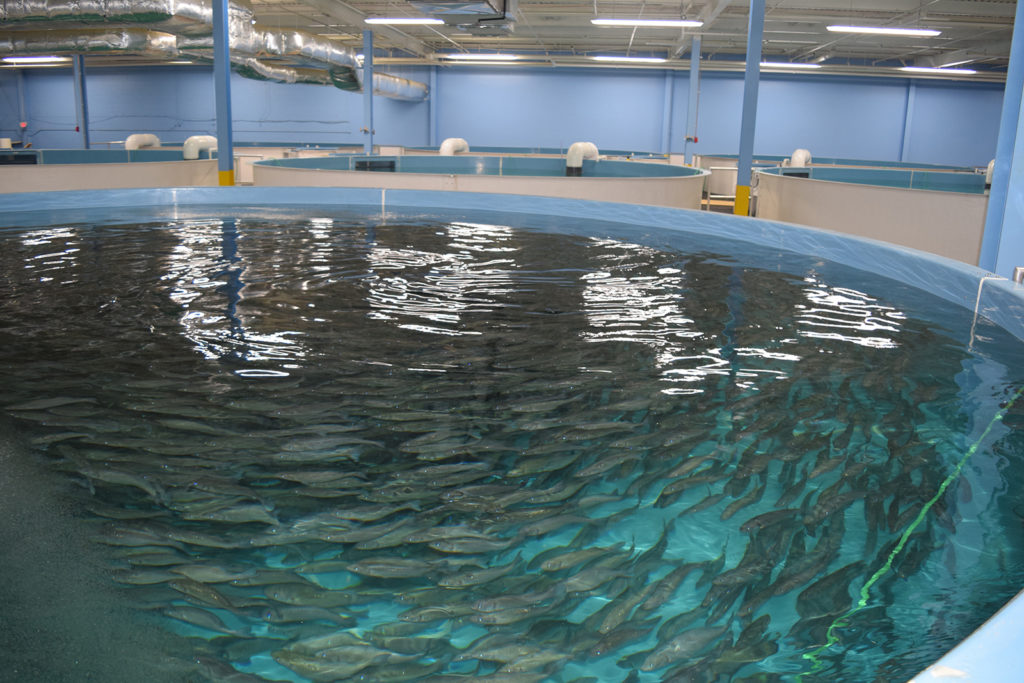
Intelligence
RAS in the USA: Fad or future?
A rash of large-scale, land-based recirculating aquaculture systems (RAS) are planting their flags on U.S. soil, even though it will take several years and hundreds of millions of dollars of investment before they produce their first sellable fish.


